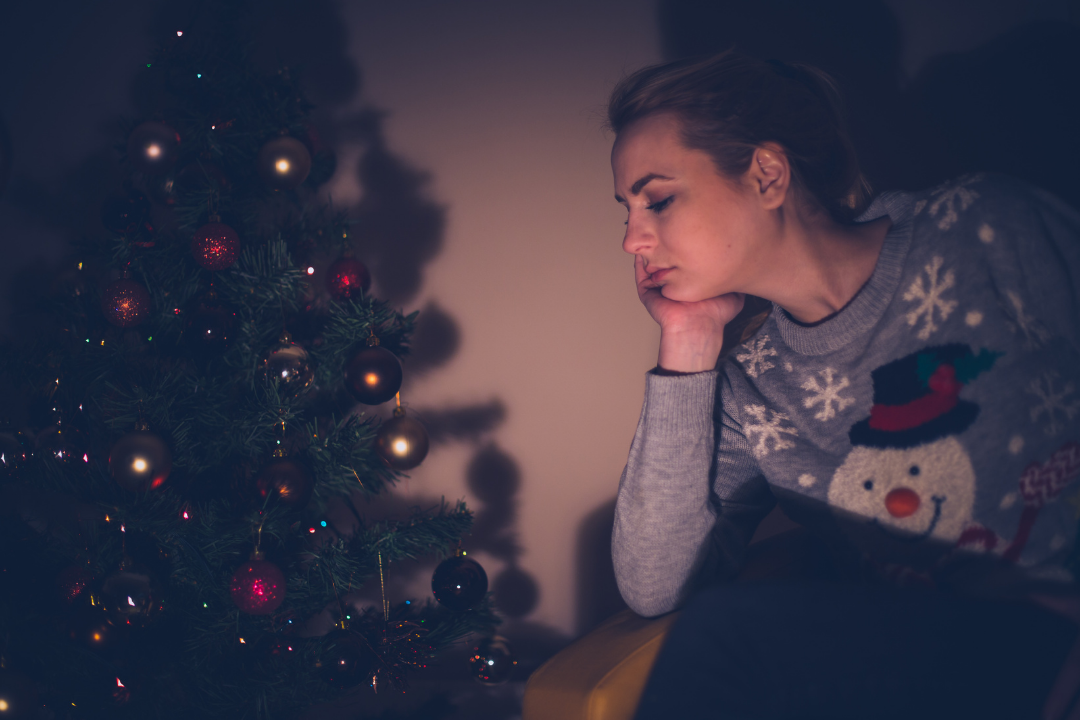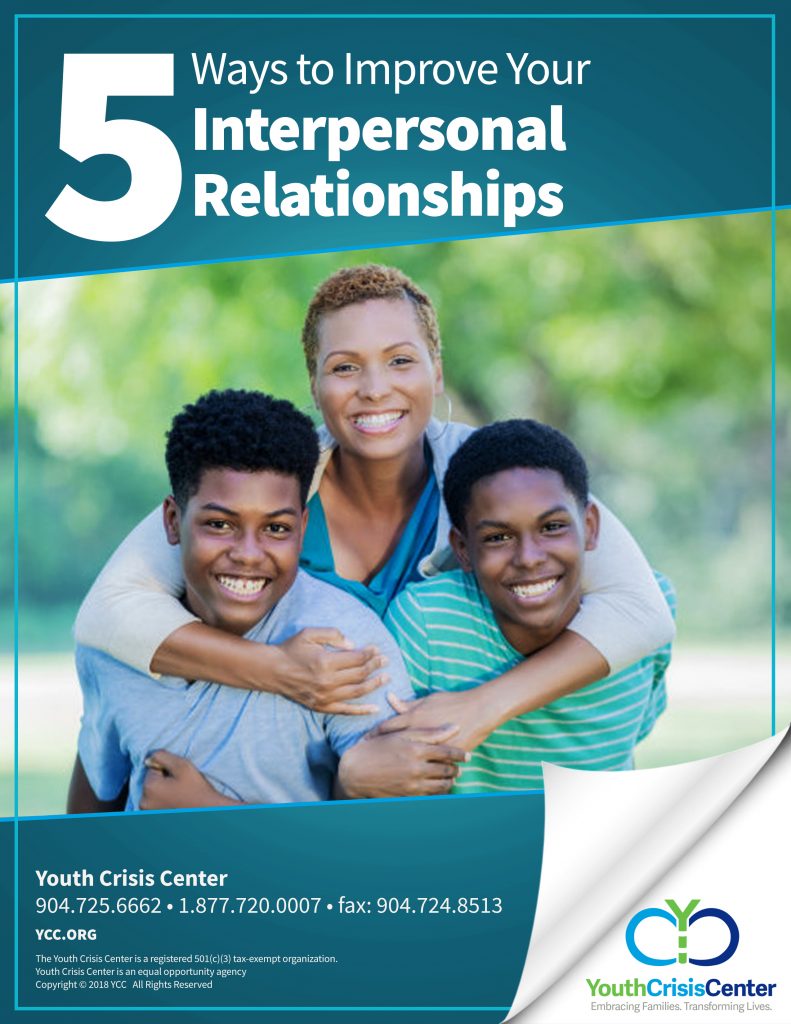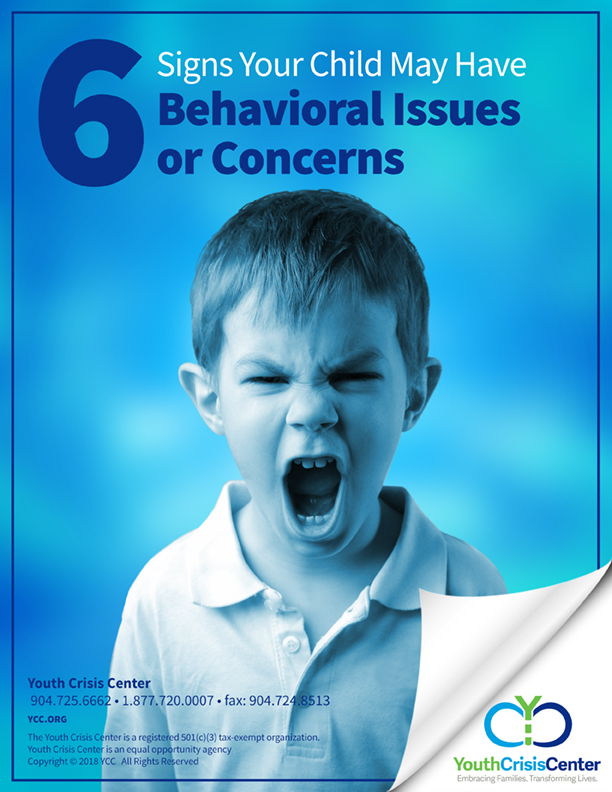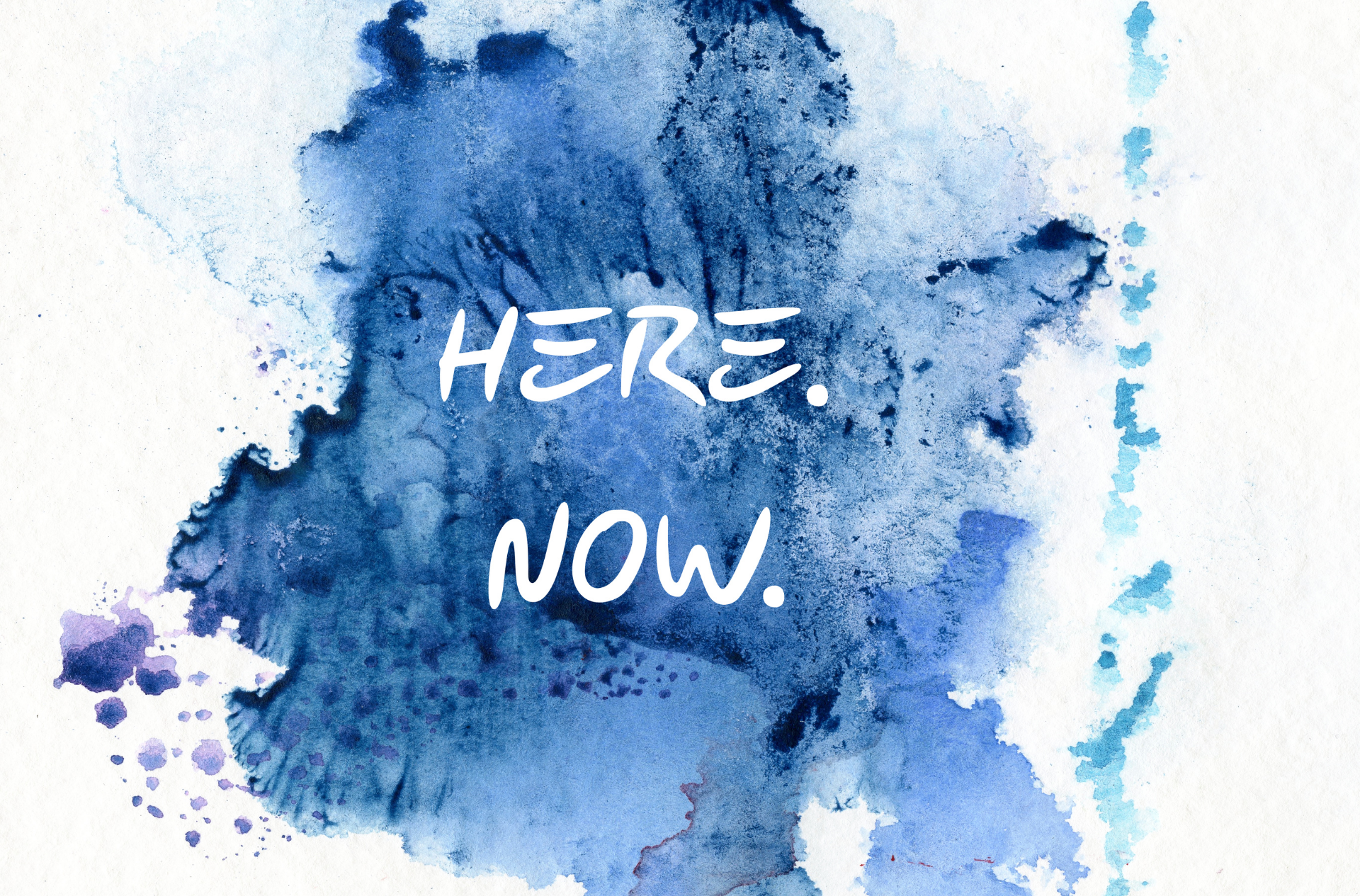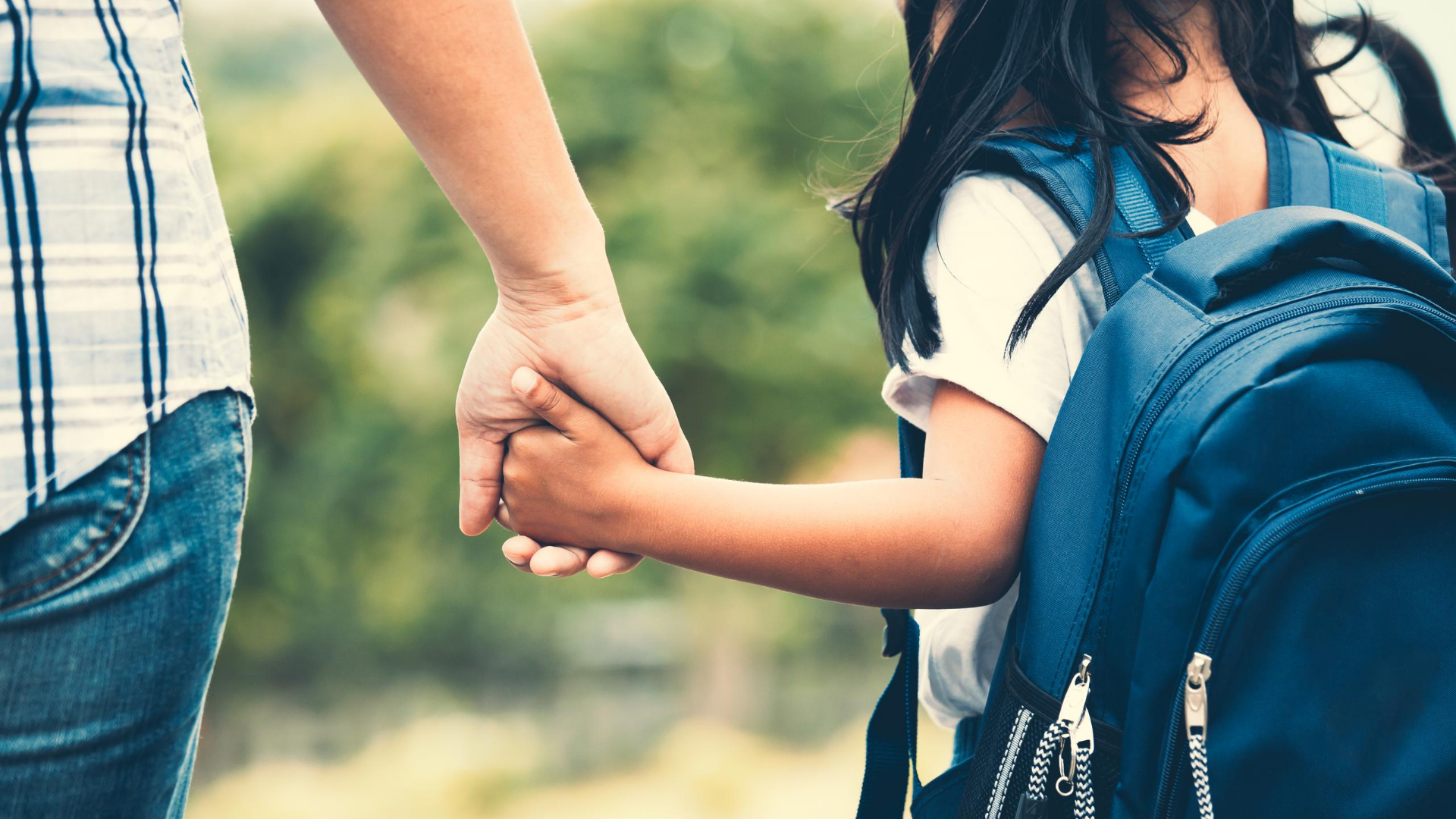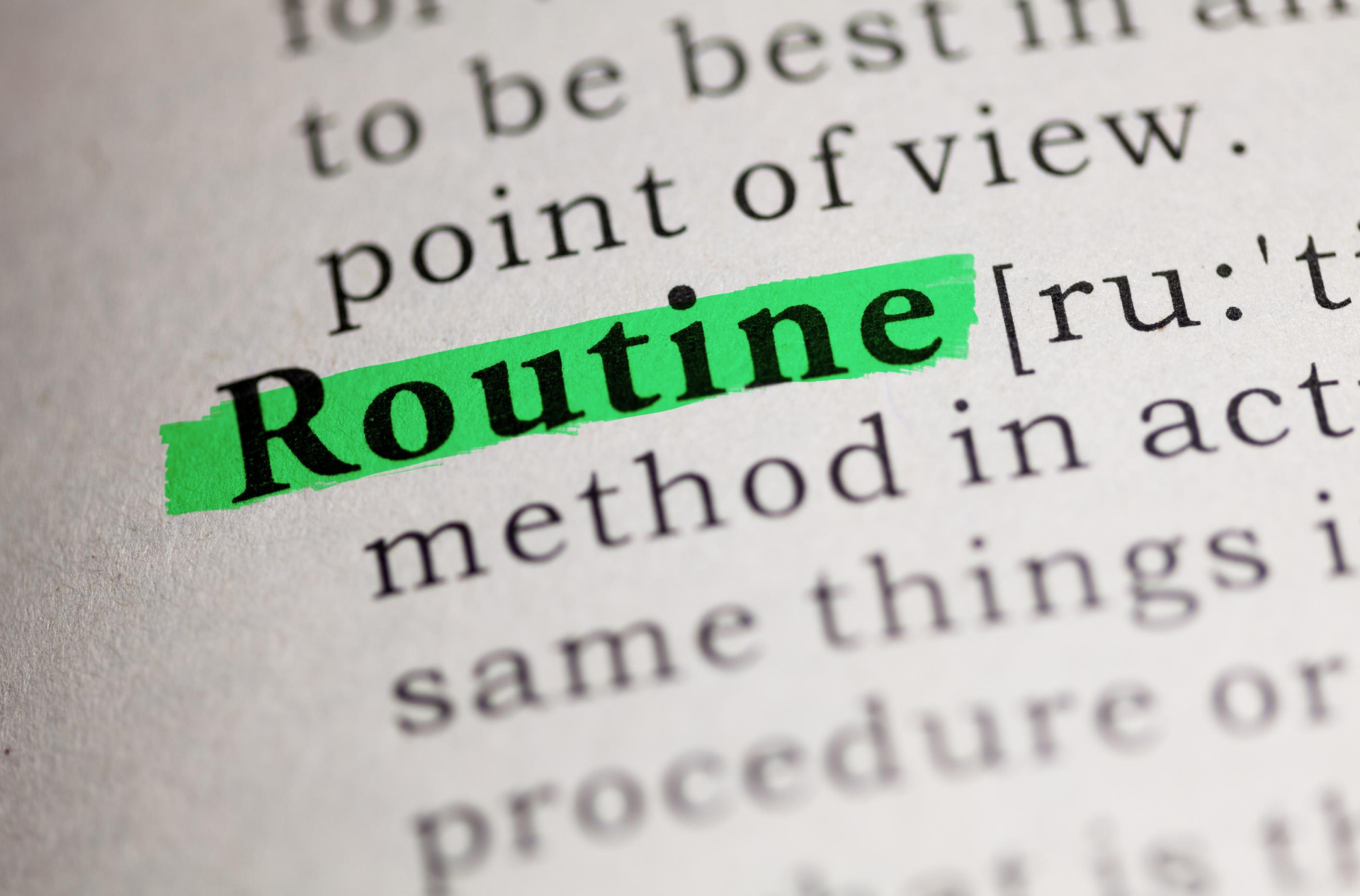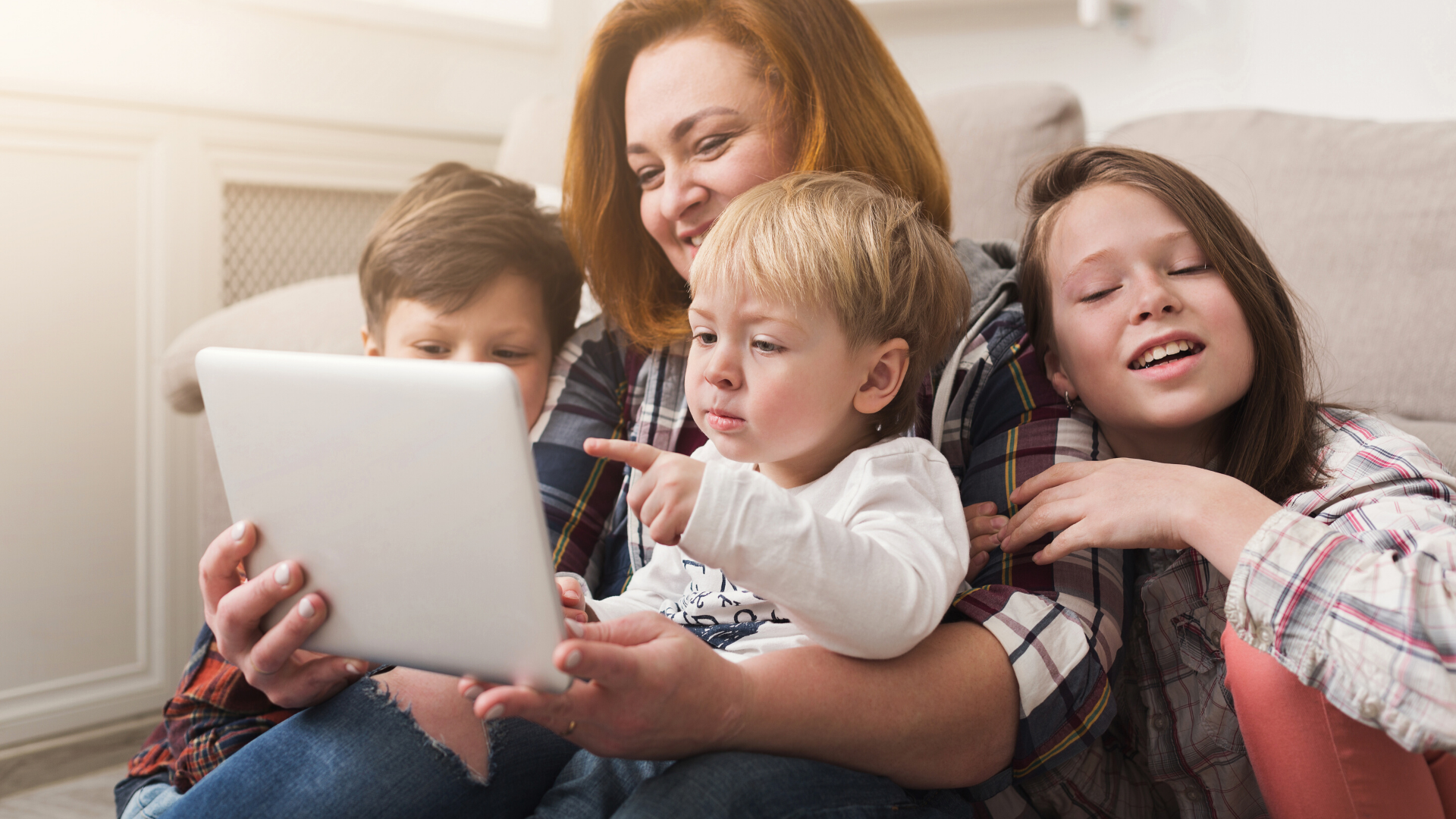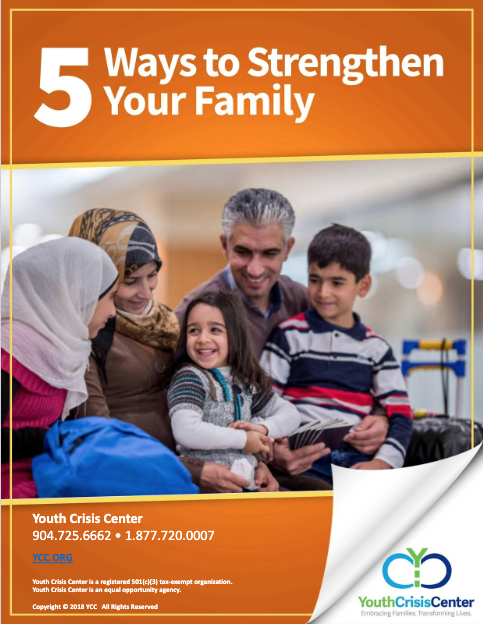Time has changed. Some restaurants require us to wear a mask before we sit down to eat and even wear a mask before we walk into the door. Some students have to sit in front of a computer at their own house for their first day of school due to distance learning. Greetings such as handshakes or hugs can sometimes be met with a confused look or are strongly discouraged. Our major parades have been canceled or modified, the concerts we have been saving up for have been delayed, and some grocery stores have lines with them as workers try to limit the number of people inside.
Social Distancing, Social Isolation, and Self-Isolation
“Social-Distance” is something that we as a nation have heard from our government for months now. Having to socially-distance could be a big reason why some parents choose to have their kids learn from home rather than the school halls; it’s the reason for the stickers on the floor at your favorite store to make sure you don’t stand too close; and, it’s the reason some restaurants have limited seating inside to make sure their customers are socially-distanced from others
During a time like this, social-distance at a time like this can often be confused with social-isolation. Now, social-isolation and self-isolation should also not be interchanged. An article in Psychology Today, says, “social distancing is important in controlling an outbreak.” The article encourages the reader to think about whether it’s smart to go to crowded restaurants. It also wants the reader to think twice about how many kids they allow their child to have play-dates with if any. It also touches on romantic relationships and to decide if it’s best to go on dates and meet up with friends. The answer is yes, those are still good ideas and important to your overall mental health, to where it applies. However, if you are sick or in a very high-risk group, you may not want to participate in those activities.
Being socially distant does not mean socially isolating yourself from your loved ones, friends, or activities you like to do. Choosing to social distance is to just maintain your space from others, not in your group, and to be mindful of how close you are to others. According to the CDC, it also means wearing a mask when you can’t social distance, frequently washing your hands, and avoiding touching your face with your unwashed hands. You can still do the things you love and social distance at the same time.
Having to self-isolate is a result of different reasons. The CDC says isolation is used to separate people infected with the virus that causes COVID-19.
Maintaining Healthy Relationships
Danielle Masters, a Licensed Mental Health Counselor and Outpatient Therapist at the Youth Crisis Center say social distancing can make ongoing or developing friendships even more challenging. As parents and caregivers, we can help to create resilience and support our child’s needs while also maintaining safety through communication, encouraging an open dialogue for them to be able to talk with us about their feelings as well as fostering their social connections. We can make time for our children to be able to socialize through phone calls or video chat dates. For younger children, coming up with some creative ways that they can make the most of their time with their friend, like drawing a picture together, making up stories and then taking turns sharing, building things and then showing the other, as well as just allowing them time to “just chat”.
Masters also suggest virtual clubs or classes for teens. They can also take walks, ride bikes, and do things outdoors with a friend if able to safely social distance. They can also connect through age-appropriate gaming (if allowed in your home and with parental discretion/monitoring.) It is important to have a conversation with your children regarding safety and differing viewpoints about social distancing. By helping them to understand and respect that every family has their values and opinions on how to keep their family safe we are encouraging empathy and can continue to find creative ways to cultivate social connections.
Talking to your kids about healthy relationships
Masters believes as parents or caregivers, it’s never too early to begin talking with our children about what a healthy relationship is. Helping children to define and understand that all good relationships are built on communication, understanding, trust, loyalty, respect, and boundaries. Most of us do this with our children automatically, when we teach them the importance of sharing and taking turns, when we show empathy for them if they fall or hurt themselves or are sad about something and we ask, what happened? Or how can I help you? She goes on to say that we also show this by teaching children about the importance of consent, by asking before taking things that do not belong to them and helping children to understand how their words or actions may influence other people. Helping children understand that no means no and “to listen and stop”.
Masters encourages parents to discuss with kids their boundaries, what makes them comfortable or not comfortable, and helping them to understand that their boundaries, as well as others’ boundaries, need to be respected. Another influential way to teach our children about healthy relationships is by being a good role model within our relationships. Our actions, attitude, and behaviors towards our significant others, family, and friends can have a big influence on our children.
Define what an unhealthy relationship is. Talking with children about peer pressure is especially important. When teens begin developing romantic relationships, helping them to understand that one partner should not try to control the other by intimidation, isolation, emotional abuse, physical abuse, or even digital abuse. Lastly, being supportive and non- judgmental so that if the child ever feels that a relationship is becoming unhealthy they can talk with you or another trusted adult.
Youth Crisis Center’s Outpatient Behavioral Health Program
The Youth Crisis Center was founded in 1974 as Florida’s first run-away program and has grown to be one of the largest and best-known providers of services for youth and families. Nationally recognized as setting a standard in youth services, YCC has been ranked as one of the top five programs in the United States by the Youth Policy Institute in Washington D.C. Throughout the past 46 years, YCC has helped thousands of youth and their families overcome adversity and build stronger relationships.
One of the several programs YCC offers is Outpatient Behavioral Health. This program provides comprehensive mental health and psychiatric care to kids as young as three and their families. Parents may also receive individual and family counseling regardless if their child is a client at YCC.

